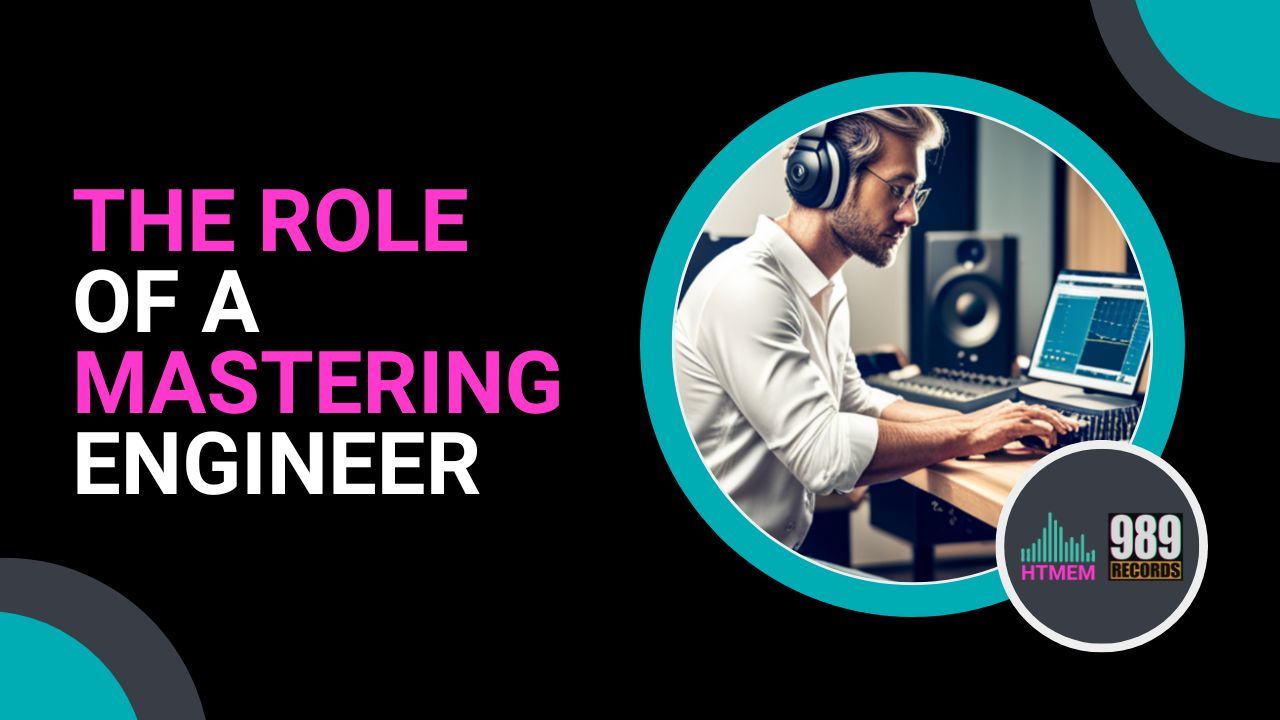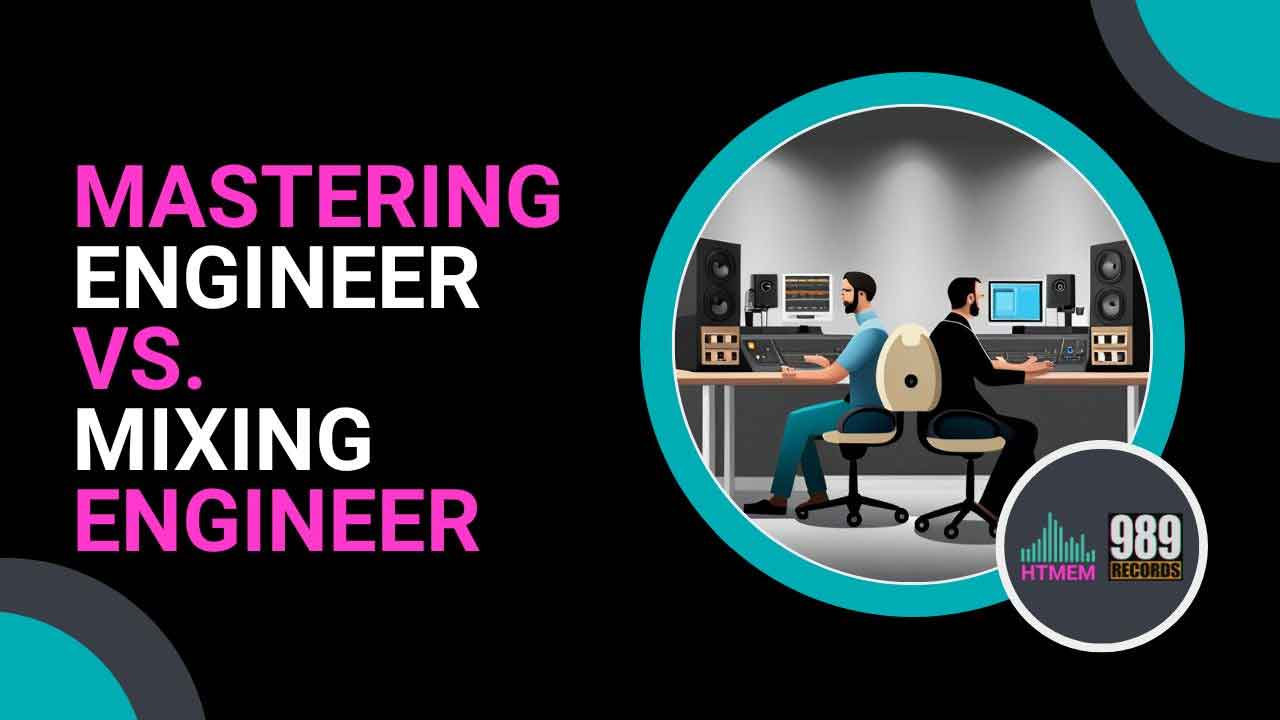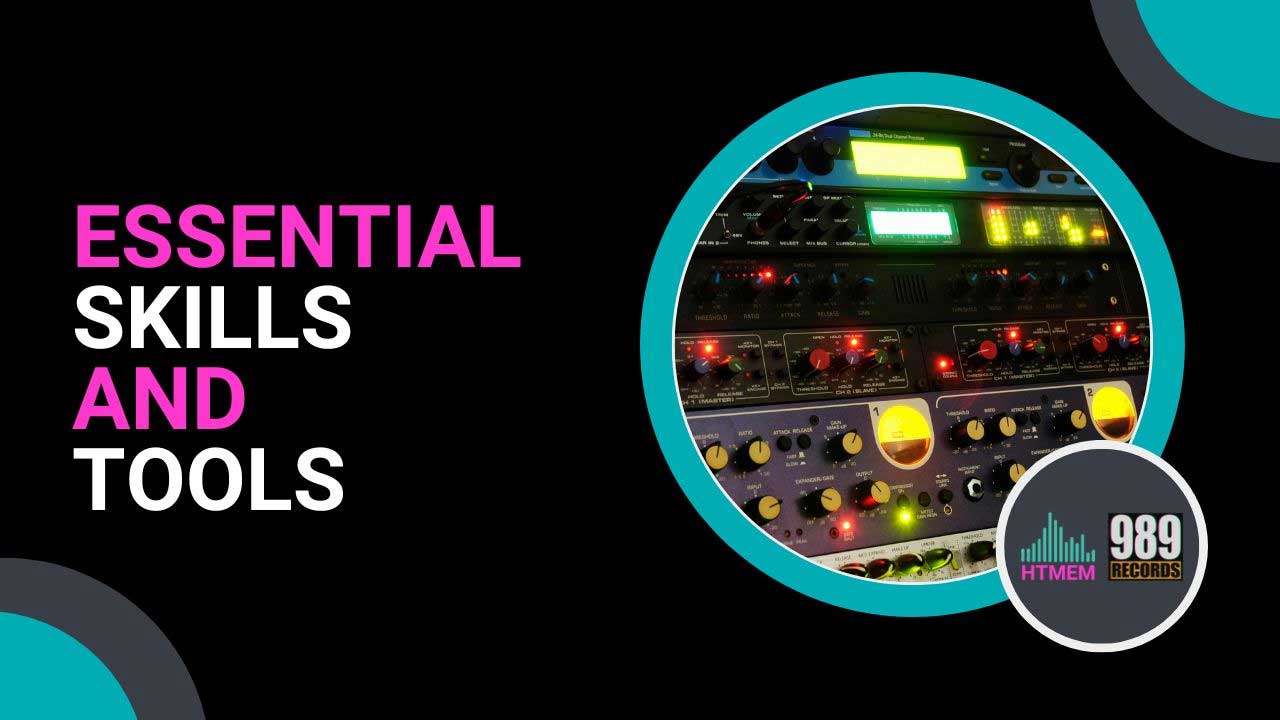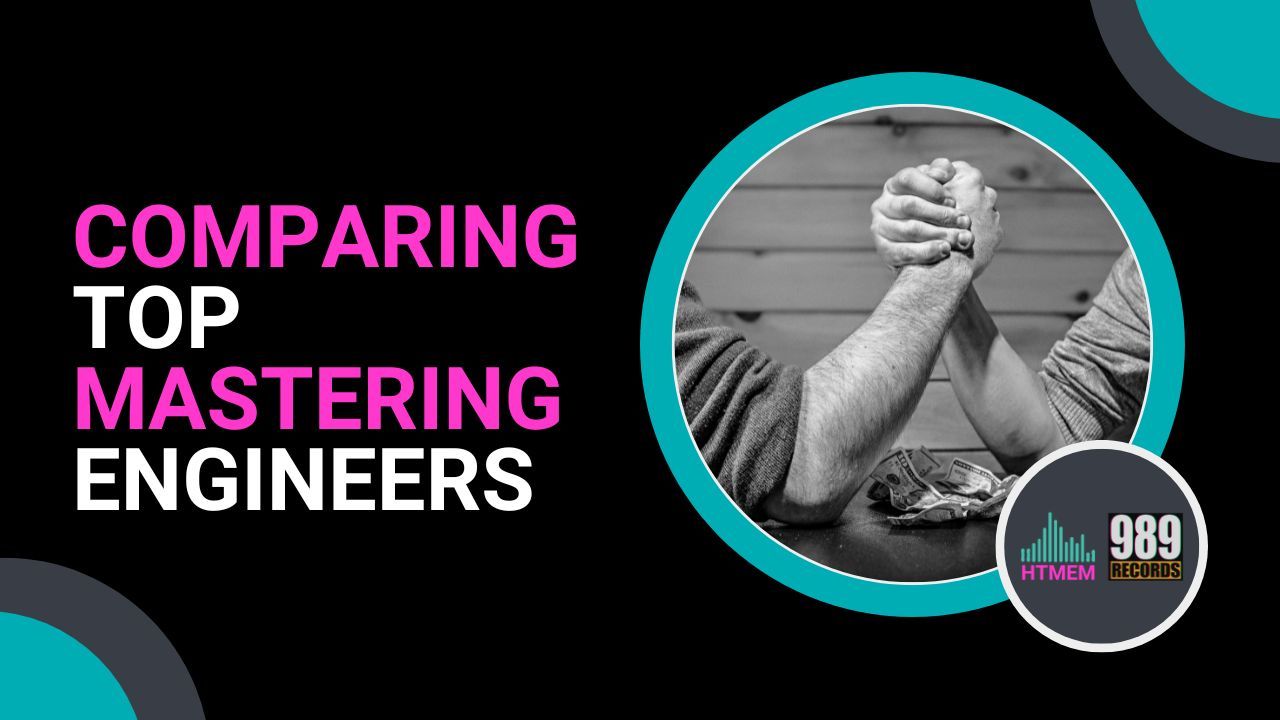
What does a mastering engineer do?
A mastering engineer is an expert in their craft, with a combination of technical expertise and great ears to adjust a piece of music before release, maximizing its impact and ensuring it's compatible with modern playback systems. They are responsible for the final touches on a track, ensuring that the mix is balanced and the sound is as good as it can be. They also make sure that the track is loud enough to compete with other releases, but not so loud that it distorts or clips. Finally, they check
Do I really need a mastering engineer?
It is generally recommended to send your music to at least one professional mastering engineer for a final touch since mastering both mixing and mastering requires a lot of time and knowledge. With a professional, you can make sure your track gets the shine you want.
What is the difference between a mixing and a mastering engineer?
Mixing is the process of adjusting and blending individual tracks in a session, while mastering is the final polish that enhances the overall sound, creates consistency across an album, and prepares it for distribution.
How much does a good mastering engineer cost?
Professional mixing and mastering services typically cost between $60 and $250 per track, though prices can reach the thousands depending on the engineer or studio's level of experience. The level of experience of the engineer or studio can greatly affect the cost of the services. For example, a more experienced engineer or studio may charge more for their services, while a less experienced engineer or studio may charge less. It is important
What skills and tools are essential for mastering engineers?
Mastering engineers need technical proficiency in using equalizers, compressors, limiters, and other audio processing techniques, as well as a trained ear and experience in music production and recording to be successful. They must be able to identify and correct problems in the audio, such as distortion, noise, and frequency imbalances, as well as enhance the sound of the mix. They must also be able to work with a variety of audio formats and be familiar with the latest audio production software.
























